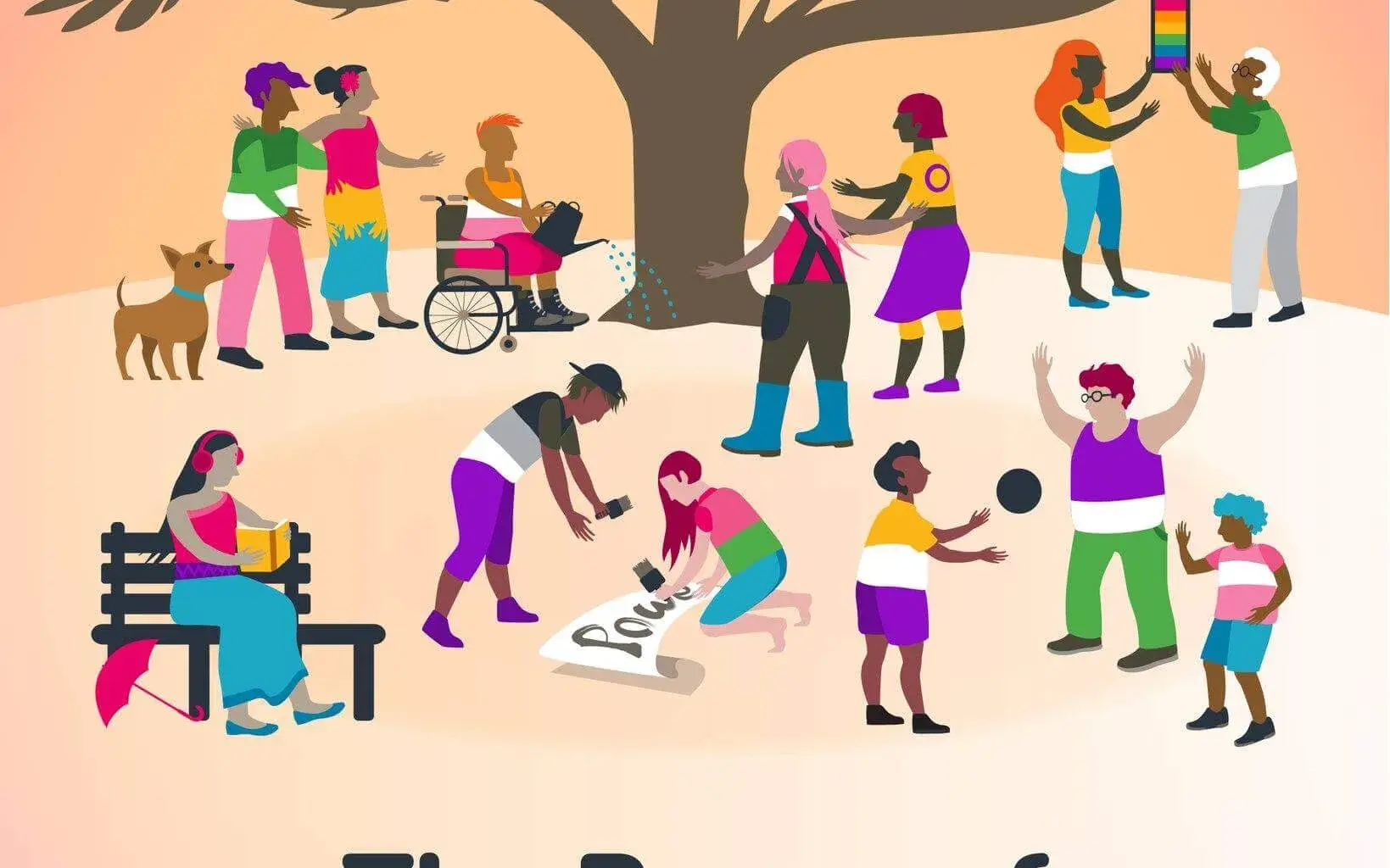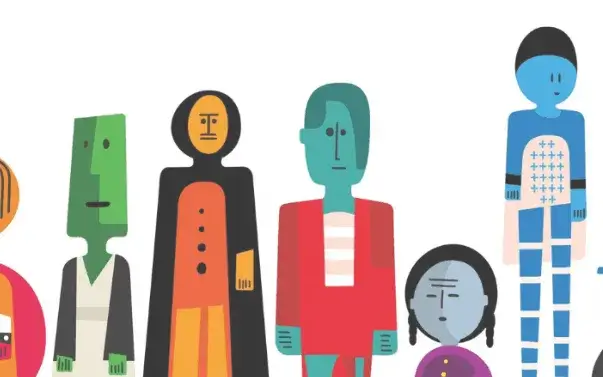The advocacy director of ILGA Europe talks about how the coronavirus has affected LGBTI people and the growth of discrimination against this group during the pandemic.
How has Covid-19 affected LGTBI people all over Europe?
The COVID-19 crisis and the measures taken in Europe to contain it have brought complex challenges and risks for LGBTI people. While the virus can hit everyone, it is very clear that it hits marginalised communities, including a large part of the LGBTI community, disproportionally hard. In addition, social distancing, lockdown and other prevention measures, as needed as they were and are, can have unwanted negative impacts on the lives of these vulnerable groups.
What additional difficulties have had to face LGTBI community in this crisis?
Access to health for LGBTI people Europe and Central Asia has been impacted by the crisis. We have received or observed reports from 30 countries showing how pre-existing limitations in LGBTI-affirming healthcare were exacerbated as healthcare systems redirected their resources, targeted mental health services were interrupted or experienced radical increases in demand after moving online during confinement, and access to sexual and reproductive health was negatively impacted. These impacts were especially severe for trans and intersex people.
The crisis also increased exposure to domestic violence for those who have been rejected by their families, are not out with their families or might face LGBTI-phobia from their family members, and were then forced to be in confinement with them.
What about the access to basic needs?
We have received reports of problems accessing basic needs, public assistance, support, and service programmes from Albania, Armenia, Azerbaijan, Bulgaria, Georgia, Germany, Greece, Hungary, Kyrgyzstan, Ireland, Italy, Malta, Montenegro, the Netherlands, Romania, Russia, Serbia, Spain, Turkey, Tajikistan, and Ukraine.
This points to the greater than average rate of LGBTI people being unemployed and in precarious jobs, and living on very limited and unstable financial resources. An estimated 25-40% of young people experiencing homelessness are estimated to identify as LGBTI, before the crisis. In many of these States, LGBTI organisations reported having shifted their previous plans and budgets to cover humanitarian aid gaps within the State response to the crisis.
So, have they suffered some kind of discrimination?
Yes, LGBTI people have experienced extensions of previously-existing discrimination, including in accessing healthcare, employment, access to public services, and housing, but also in policing of lockdown measures and through hateful statements blaming the community for the crisis by political and religious leaders in a number of countries across the region. This is part of a larger problem of discrimination against LGBTI people, which was only exacerbated by confinement, economic impacts of the crisis, and the health crisis itself.
Have some governments taken advantage of the confinement to cut some LGTBI rights?
We have monitoring closely measures adopted by States which notified a derogation from the European Convention on Human Rights, namely Albania, Armenia, Estonia, Georgia, Latvia, North Macedonia, Romania, San Marino and Serbia. But also in other states, like Hungary, Turkey and Poland and Bulgaria, we have and are seeing moves by the government to cut LGBTI rights in the middle of the pandemic, further leaving the community unprotected and exposing LGBTI people to discrimination.
These States, like all the others, remain legally responsible before regional and international jurisdictions, and they are legally obliged to protect vulnerable groups. Besides, some core fundamental rights cannot be derogated from. Moreover, most States failed to comply with their obligation to protect vulnerable groups like the LGBTI community, including with respect to the enjoyment of their non-derogeable rights.
Can you explain some examples?
The case of Hungary is particularly alarming. On May, the Hungarian Parliament approved an omnibus bill where one of its articles replaced the category of “sex” on the civil registry with one of “sex assigned at birth”. This means that, in practice, legal gender recognition is not possible, restricting this way Access to a fundamental right for trans and intersex people. This came after the Hungarian Parliament gave Prime Minister Viktor Orban power to rule by decree indefinitely because of the COVID-19 crisis.
In the UK on the other hand, the government has made several announcements that point to the fact that the reform of LGR will be postponed and instead of an improvement of the legislation, the introduction of an age limit to access medical interventions is foreseen. This is happening at a time of extreme transphobia being driven by some groups in the UK and the trans community being vulnerable and exposed to hate and discrimination.
Do you think that the European Union is taking into consideration the situation of LGTBI rights under the recovery plan?
The EU is beginning to see that the response to the crisis must be inclusive, intersectional and with equality in mind.
From your point of view, what measures do you propose the European Union must take to help LGTBI people in the immediate future?
- Ensure equal and non-discriminatory access to testing, treatment, and care, including continuing healthcare and treatments such as transition-related and HIV-related care.
- Proactively ensure full respect of human rights of all when returning to a state of normalcy, including by taking specific protective measures concerning vulnerable populations like the LGBTI community.
- Ensure that all emergency measures adopted in the face of the pandemic as well as emergency support and compensation and socio-economic support measures leave no one behind, but take the particular vulnerability of the most marginalised in society into account, including specific vulnerabilities of parts of the LGBTI community.
- Closely monitor the impact on human rights of LGBTI people as a result of emergency measures, whether as a result of official derogations or internal national guidelines. Call out any abuse of these derogation measures and stand ready to fully re-establish the human rights framework coming out of the crisis. Monitor that no measures adopted in times of derogation to HR law will be implemented in a discriminatory manner against any minority, including the LGBTI community.
- The principle of legality and the rule of law must be guaranteed at all times, and effective domestic remedies must allow alleged LGBTI victims of discriminatory measures vindicate their rights before independent and impartial domestic courts.
- Speak out and condemn any wrong information and hate being spread, blaming the LGBTI community or other minorities for the pandemic
- All specific initiatives in tackling the problem of a rise of domestic violence should also take the increased risk of LGBTI people, and especially young people, being exposed to domestic violence into account. In the long run, expanding definitions of domestic violence to include violence of family members towards LGBTI people would help preventive measures being inclusive and help ensure that policies designed to tackle domestic violence also do not leave LGBTI people who are physically or emotionally abused by their family members when living with them behind.
- Any quarantine legislation and controls should allow people to choose their place of quarantine, rather than basing it strictly on resident registration. This will allow people who suffer or are under threat of suffering from domestic violence to quarantine in a safe space.
In November, the European Commission plans to launch its LGBTI Equality Strategy. A strong EU LGBTI Strategy will be an important part of ensuring the structural discrimination still existing across the region will be tackled.







Add new comment